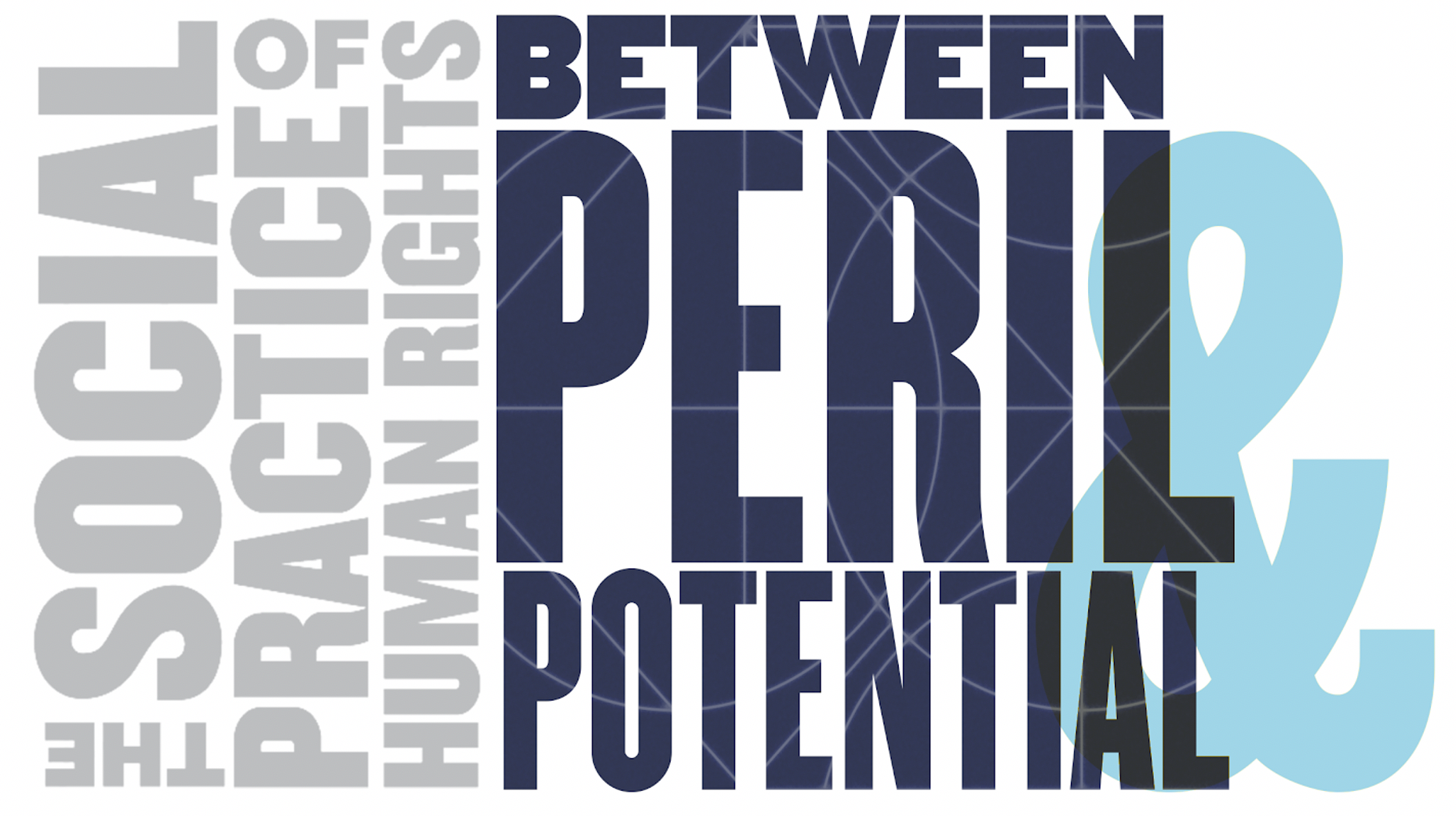Location
Presented remotely
Start Date
12-3-2021 8:30 AM
End Date
12-3-2021 10:00 AM
Keywords
COVID-19, Pandemic, Derogation, Human rights
Abstract
The purpose of this project is to model and understand socio-legal responses to the spread of COVID-19—in particular, emergency measures that derogate from states’ human rights commitments. Derogation of human rights in response to COVID-19 is unprecedented, according to some experts (Scheinin 2020). This project investigates whether combinations of conditions, such as moderate human rights derogation in combination with strong health infrastructures, reduce degrees of virus transmission and promote prevention. Its preliminary findings indicate that suspension of some rights appears crucial to limiting COVID-19 infections, but suspension of many rights has limited impacts, raising questions for practices of human rights derogation, including whether COVID-19 human rights suspensions violate the proportionality and non-discrimination aspects of derogation. Suspension of rights necessitates generation of more sophisticated data modeling to inform policy and public health practices surrounding COVID-19 transmission. This study contributes not only to research and scholarship, but to policy and public health practices surrounding COVID-19 transmission.
Author/Speaker Biographical Statement(s)
Gran, Brian. Gran is on the faculty of the Sociology Department, Law School (secondary), and Mandel School of Applied Social Sciences (secondary) of Case Western Reserve University. His scholarship concentrates on law and society issues, particularly human rights. Presently, as a Jefferson Science Fellow of the National Academies of Sciences, Engineering, and Medicine, Gran is appointed to the U.S. State Department. Sen, Reema. Reema is PhD Research Associate in the Department of Sociology, Case Western Reserve University, USA where she received a Masters degree. She also has an MSc in Criminology and Human Rights from the London School of Economics, and an MBA from XLRI, India. Her research interests span social justice, gender, health and organizational studies. She is member of various sociological associations and previously adjunct faculty at the University of Hong Kong and Raffles Institute and held senior leadership roles in nonprofit, financial services and consulting organizations.
Included in
Does Human Rights Derogation Limit COVID-19 Infections?
Presented remotely
The purpose of this project is to model and understand socio-legal responses to the spread of COVID-19—in particular, emergency measures that derogate from states’ human rights commitments. Derogation of human rights in response to COVID-19 is unprecedented, according to some experts (Scheinin 2020). This project investigates whether combinations of conditions, such as moderate human rights derogation in combination with strong health infrastructures, reduce degrees of virus transmission and promote prevention. Its preliminary findings indicate that suspension of some rights appears crucial to limiting COVID-19 infections, but suspension of many rights has limited impacts, raising questions for practices of human rights derogation, including whether COVID-19 human rights suspensions violate the proportionality and non-discrimination aspects of derogation. Suspension of rights necessitates generation of more sophisticated data modeling to inform policy and public health practices surrounding COVID-19 transmission. This study contributes not only to research and scholarship, but to policy and public health practices surrounding COVID-19 transmission.



